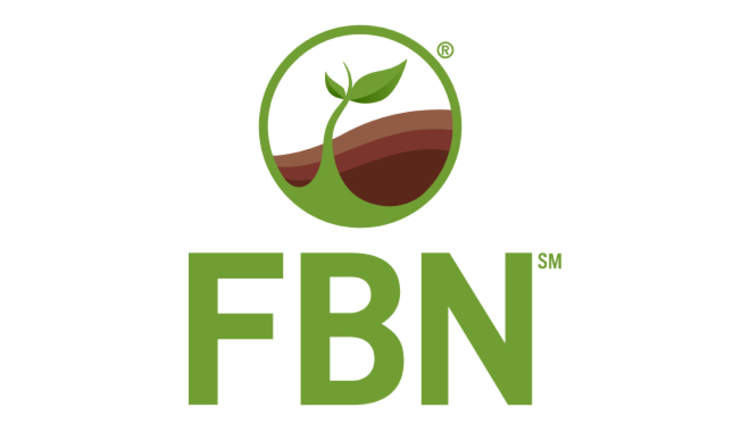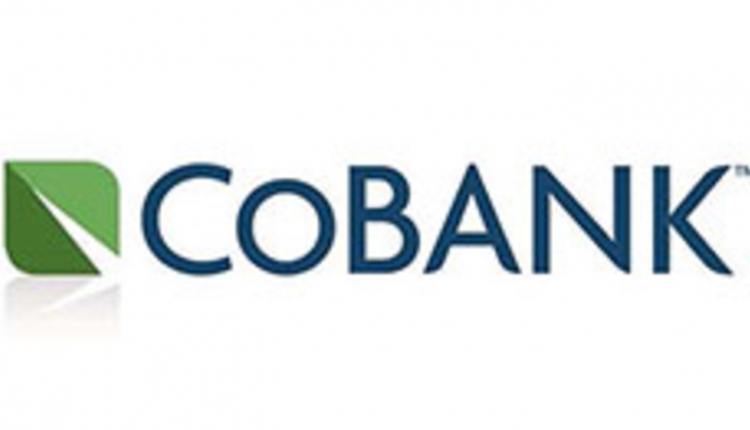The information below has been supplied by dairy marketers and other industry organizations. It has not been edited, verified or endorsed by Hoard’s Dairyman.
For over two centuries, cooperatives have helped ordinary people join together to gain economic power and improve their lives. Driven by people rather than profit, cooperatives thrive in big cities, small towns, and rural areas – wherever there's a need to be met.
October traditionally is recognized as “Cooperative Month” throughout the nation, a time when cooperatives and their members make a special effort to educate the public about their member-owned and member-controlled business form.
This year’s Co-op Month theme, “Co-ops Build Economic Power,” provides an opportunity to trumpet the cooperative business model as the best way to build an economy that empowers everyone during these challenging economic times. As businesses face inflation and supply chain challenges, cooperatives provide stability and opportunity. As employees question their role in the economy, cooperatives are creating dignified, empowering jobs with paths to ownership and wealth-building.
Yet while national, regional, and local polls consistently show that Americans like the idea of doing business with a cooperative, many people still don’t understand what co-ops are. That’s what Cooperative Month is all about: to help attract attention to the many benefits of the worker-, producer- and user-owned business model, and letting people know that cooperatives are all around them.
In general, a co-op is a business organized, owned and controlled by the people who use its services. A co-op operates for the benefits of its member-owners and provides goods and services at the lowest possible cost.
Cooperatives operate in most industries, including agriculture, childcare, energy, financial services, food retailing and distribution, health care, insurance, housing, purchasing and shared services, telecommunications and others.
Around the world, cooperatives operate according to the Seven Cooperative Principles: voluntary and open membership; democratic member control; member economic participation; autonomy and independence; education, training and information; cooperation among cooperatives; and, concern for community.
When people join together to form a cooperative, the business is founded on their needs and values: cooperative buying power and economic advantage; community commitment and interaction; democratic principles; people helping people.
While investor-owned businesses have a structure that pushes them to deliver profits to shareholders, cooperatives have a structure that pushes them to meet their customers’ needs. Cooperatives put people ahead of profits. Cooperative earnings are returned to members through improved services, lower prices or refunds.
Because they are built on self-reliance and concern for community, cooperatives are particularly resilient in the face of economic downturns and hardship. They can also meet peoples’ needs when for-profit enterprises are unwilling or unable to do so.
Cooperatives have stood the test of time and remain an innovative and integral economic force, ranging from small buying clubs to Fortune 500 companies.
The tradition of celebrating Co-op Month has deep roots in the Midwest, as it was former Minnesota Governor Luther Youngdahl who signed the first official October Co-op Month proclamation in 1948 at the request of the Minnesota Association of Cooperatives, now Cooperative Network. Soon, the October Co-op Month celebration spread to other states. In 1964, Co-op Month became a national event when another Minnesotan – former Minnesota Governor Orville Freeman, who was then U.S. secretary of agriculture – proclaimed a national Co-op Month.
I am pleased to announce that both Minnesota Governor Tim Walz and Wisconsin Governor Tony Evers recently signed proclamations declaring October as Co-op Month in their respective states.
In the United States, there are 29,000 cooperatives with more than 100 million members.
Cooperatives continue to be are on the cutting edge, helping meet today's toughest economic challenges and keeping badly needed jobs and financial resources in local communities, empowering workers, teaching students financial skills, helping farmers grow crops, and delivering health care options that put people first.
Cooperatives collaborate. Cooperatives cooperate. Cooperatives communicate. October is Co-op Month.









